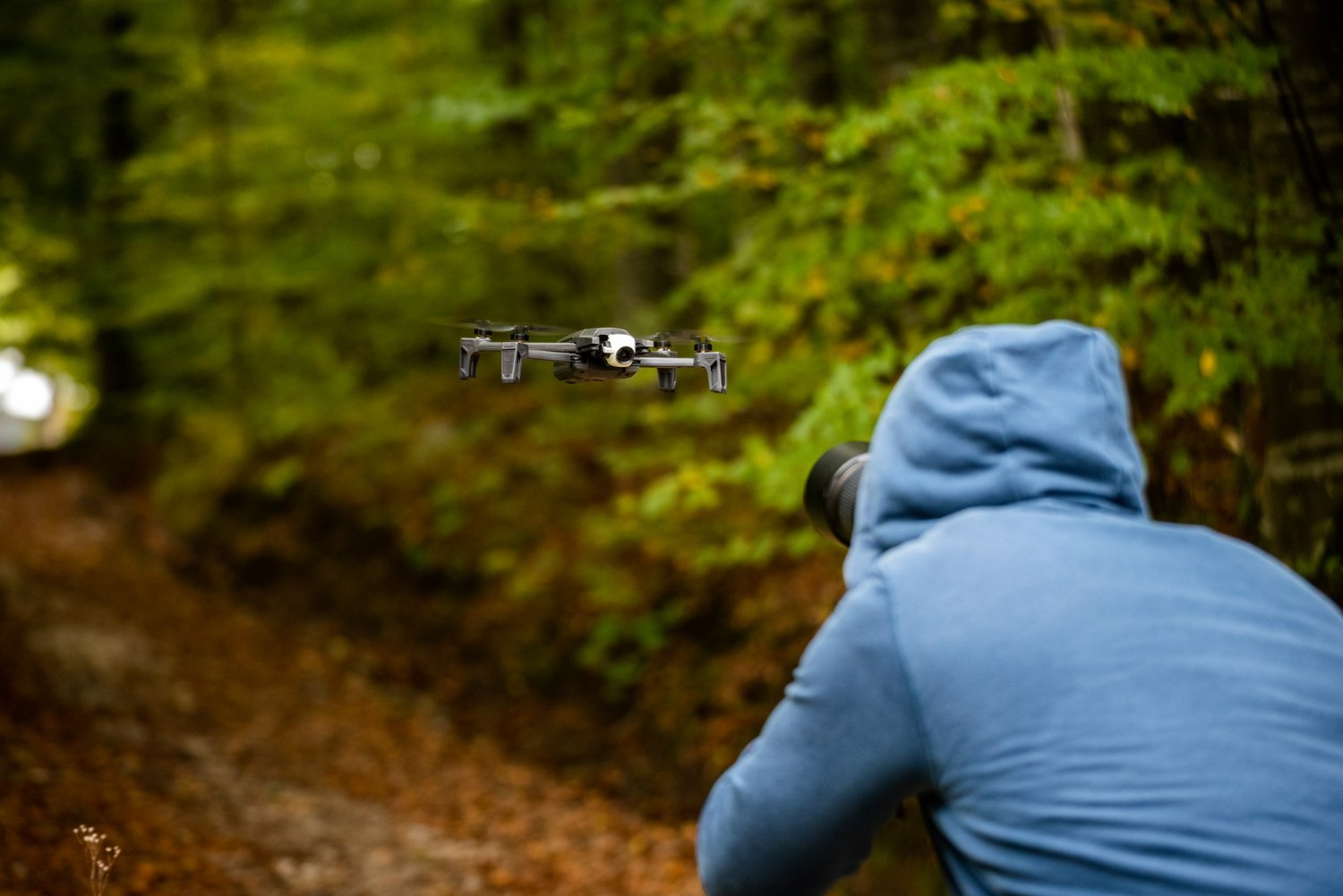




Are you passionate about land coordinates technology and looking to accelerate your career in this field? Look no further! Karnataka’s premier Lidar training institute offers the perfect opportunity to enhance your skills and unlock new possibilities in the realm of land coordinates technology.
Lidar, or Light Detection and Ranging, is a cutting-edge technology that uses laser pulses to measure distances and create detailed 3D maps of the environment. It has become an indispensable tool in various industries, including urban planning, agriculture, forestry, transportation, and more. By mastering Lidar technology, you can gain a competitive edge and open doors to exciting career opportunities.
At our training institute in Karnataka, we offer comprehensive Lidar training programs designed to equip you with the knowledge and practical skills needed to excel in land coordinates technology. Our courses are developed and taught by industry experts who have extensive experience in the field. They will guide you through the fundamental principles of Lidar, data acquisition and processing techniques, and the utilization of Lidar data for precise land coordinates analysis.
One of the unique advantages of our training institute is our focus on hands-on training. We understand that practical experience is crucial for mastering Lidar technology, so we provide state-of-the-art equipment and software for you to work with during the training. You will have the opportunity to collect Lidar data, process it, and analyze the results under the guidance of our experienced instructors. This practical exposure will not only deepen your understanding but also build your confidence in working with Lidar technology.
By enrolling in our Lidar training program, you will join a community of like-minded individuals who share your passion for land coordinates technology. Networking opportunities and collaborations with fellow students and industry professionals can further enhance your learning and career prospects.
So, whether you are a recent graduate looking to enter the land coordinates industry or a professional seeking to upskill and advance in your career, our Lidar training institute in Karnataka is the ideal place to accelerate your journey. Don’t miss this opportunity to become a sought-after expert in land coordinates technology. Enroll in our Lidar training program today and pave the way to a successful and fulfilling career in this rapidly evolving field.
Accelerating your career in land coordinates technology requires the right knowledge and skills. And there’s no better way to acquire them than through Lidar training at our institute in Karnataka. Let’s delve deeper into how our program can help you achieve your career goals.
Our Lidar training program is carefully designed to provide you with a comprehensive understanding of the principles and applications of Lidar technology in land coordinates. We cover topics such as remote sensing, data acquisition, point cloud processing, data analysis, and visualization. You’ll learn how to collect accurate and detailed data using Lidar sensors and instruments, process the data to generate precise land coordinates, and interpret and analyze the results.
With Karnataka being a hub for technology and innovation, our institute is strategically located to provide you with access to the latest advancements in the field. You’ll have the opportunity to learn from industry experts who have firsthand experience in implementing Lidar technology in various real-world projects. They’ll share their insights and practical knowledge, helping you gain valuable insights into the industry and its best practices.
Beyond the theoretical and practical aspects of Lidar, our training program also focuses on professional development. We understand the importance of soft skills and industry-relevant competencies in career advancement. Through workshops and interactive sessions, we help you develop communication skills, project management abilities, and teamwork capabilities. These skills are essential for collaborating effectively with stakeholders and excelling in your career.
Upon completing our Lidar training program, you’ll be equipped with the knowledge and skills to excel in the land coordinates industry. You’ll have the confidence to tackle complex projects, make informed decisions, and provide valuable insights to clients and employers. Whether you aspire to work in urban planning, environmental management, agriculture, or any other field that relies on land coordinates, our training program will give you a competitive edge.
Accelerate your career in land coordinates technology with our Lidar training in Karnataka. Gain the expertise you need to make a significant impact in your field and open doors to exciting opportunities. Enroll in our program today, and let us help you shape a successful and fulfilling career in this dynamic and rapidly growing industry.
What are the prerequisites for enrolling in the Lidar training program?
To enroll in our Lidar training program for land coordinates technology in Karnataka, there are a few prerequisites that will ensure you have a solid foundation and make the most of the training. While specific requirements may vary depending on the institute, here are some common prerequisites:
It’s important to note that these prerequisites may vary depending on the specific Lidar training program and institute. It’s recommended to review the admission requirements provided by the institute offering the training to ensure you meet their specific prerequisites.
By meeting these prerequisites, you’ll be better prepared to engage with the curriculum and make the most of the Lidar training program, enabling you to accelerate your career in land coordinates technology effectively.
Could you provide more information on the technical equipment used in Lidar training?
Lidar training programs typically provide hands-on experience with various technical equipment used in the field. Here are some common technical equipment used in Lidar training:
It’s important to note that the specific equipment used in Lidar training may vary depending on the training program and the resources available at the training institute. The aim is to provide participants with practical experience in using the equipment and software commonly used in the industry to ensure they are well-prepared for real-world applications of Lidar technology.
By gaining hands-on experience with these technical equipment and software applications, participants in Lidar training programs can develop the necessary skills to collect, process, analyze, and visualize Lidar data effectively for land coordinates technology.